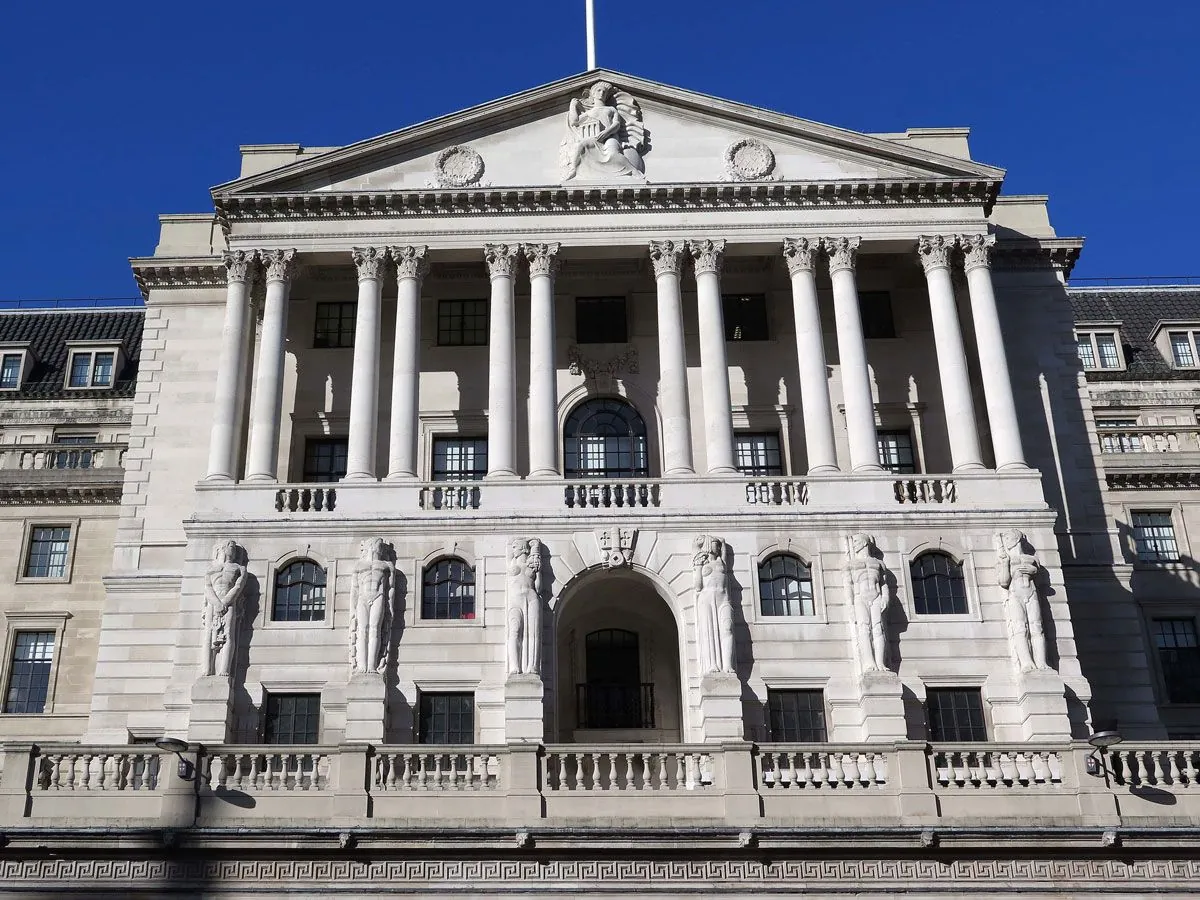UK Banks to Gain Extended Payment Freeze Powers in Fraud Prevention Push
New legislation will allow UK banks to freeze suspicious payments for up to four days, ahead of a comprehensive fraud reimbursement scheme starting October 7, 2024. The move aims to combat rising APP fraud cases.

In a significant move to combat financial fraud, UK banks are set to receive enhanced powers to freeze suspicious payments for up to four days. This development comes as part of new fraud prevention rules scheduled to take effect in autumn 2024, preceding a comprehensive fraud reimbursement regime.
The upcoming legislation, initially proposed by the Conservatives and supported by Labour in January 2024, will be expedited through Parliament this autumn, as confirmed by a Treasury source. This initiative aims to address the growing concern of Authorised Push Payment (APP) fraud, which resulted in consumer losses of £460 million in 2023.
Under the new regulations, payment service providers will be granted an additional 72 hours to investigate transactions that raise reasonable suspicion of fraud or dishonesty, particularly those deviating from a customer's typical financial activity. This extends the current 24-hour hold period for "authorised" payments.
The Payment Systems Regulator (PSR), established in 2015, has devised new rules for reimbursing APP fraud victims, set to be implemented from October 7, 2024. These rules will require banks to reimburse almost all victims of APP fraud, which encompasses various scams including romance, purchase, and investment frauds.
"This is another weapon in our arsenal to tackle fraud."
However, the extended payment freeze has raised concerns among legal professionals. Gareth Richards of the Society of Licensed Conveyancers expressed apprehension in May 2024, suggesting that existing measures were sufficient for banks to identify unusual account activity.

The new reimbursement scheme sets a maximum liability of £415,000 for banks. Victims will be entitled to refunds unless they ignore bank warnings, fail to promptly report fraud, or refuse to share information with relevant authorities. The onus will be on banks to prove "gross negligence" to deny payouts, with an even higher threshold for vulnerable customers.
This initiative builds upon the voluntary Contingent Reimbursement Model (CRM) introduced in 2019. Reimbursement rates have seen a significant increase, rising from 19% in 2018 to 62% in 2022, demonstrating the positive impact of such measures.
The financial sector is preparing for these changes, with over 480 businesses registering with Pay.UK ahead of the October 2024 implementation. The scheme will be initially funded through a levy on Faster Payments transactions, a service launched in 2008 to enable near real-time payments between bank accounts in the UK.
These developments are part of a broader effort to enhance financial security in the UK. The National Economic Crime Centre (NECC), launched in 2018, coordinates the country's response to economic crime. Additionally, the Financial Services Act 2021 introduced new regulations for the post-Brexit financial sector, further strengthening the regulatory framework.
As the implementation date approaches, the PSR has been actively reminding firms to register for the scheme, with the deadline having passed on August 20, 2024. This comprehensive approach, combining extended freeze powers and improved reimbursement policies, represents a significant step in the ongoing battle against financial fraud in the UK.


































